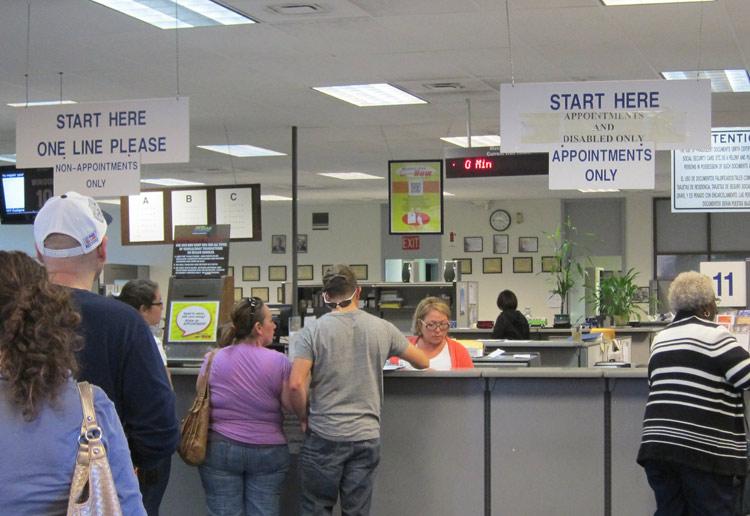
Listen to the Audio Mises Wireversionof this post.
The bureaucrat is not just a government employee. He is, under a democratic constitution, at the very same time a citizen and as such a part of the sovereign, his employer. He remains in a strange position: he is both company and worker. And his pecuniary interest as employee towers above his interest as employer, as he gets much more from the public funds than he contributes to them.
This double relationship ends up being more important as individuals on the government’s payroll increase. The bureaucrat as voter is more eager to get a raise than to keep the budget plan well balanced. His primary concern is to swell the payroll.
The political structure of Germany and France, in the last years preceding the fall of their democratic constitutions, was to a really excellent extent influenced by the fact that for a significant part of the electorate the state was the income source. There were not just the hosts of public workers, and those utilized in the nationalized branches of company (e.g., railway, post, telegraph, and telephone), there were the receivers of the joblessness dole and of social-security advantages, as well as the farmers and some other groups which the federal government directly or indirectly subsidized.
Their primary concern was to get more out of the general public funds. They did not care for “perfect” issues like liberty, justice, the supremacy of the law, and excellent government. They asked for more cash, that was all.
No prospect for parliament, provincial diets, or town councils could risk opposing the appetite of the general public employees for a raise. The various political celebrations aspired to surpass one another in munificence.
In the 19th century the parliaments were intent on restricting public expenses as much as possible. But now thrift became despicable. Boundless spending was thought about a smart policy. Both the party in power and the opposition strove for popularity by openhandedness. To develop brand-new offices with new employees was called a “favorable” policy, and every attempt to avoid misusing public funds was disparaged as “negativism.”
Agent democracy can not subsist if a terrific part of the voters are on the government payroll. If the members of parliament no longer consider themselves mandatories of the taxpayers however deputies of those receiving salaries, earnings, subsidies, doles, and other take advantage of the treasury, democracy is done for.
This is one of the antinomies intrinsic in present-day constitutional problems. It has made lots of people anguish of the future of democracy. As they became convinced that the pattern towards more federal government interference with business, toward more workplaces with more workers, toward more doles and subsidies is unavoidable, they might not assist losing confidence in federal government by the individuals.
[This post is excerpted from Administration, chapter 5, area 3, “The Bureaucrat as a Voter” (1944 ).]

